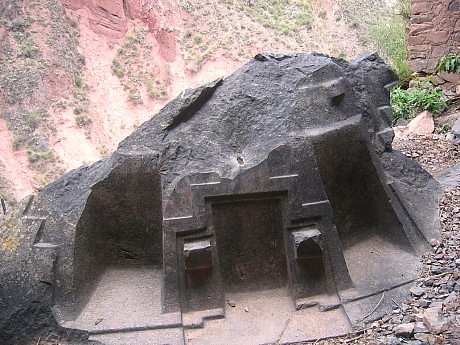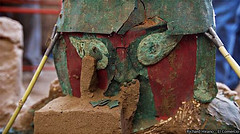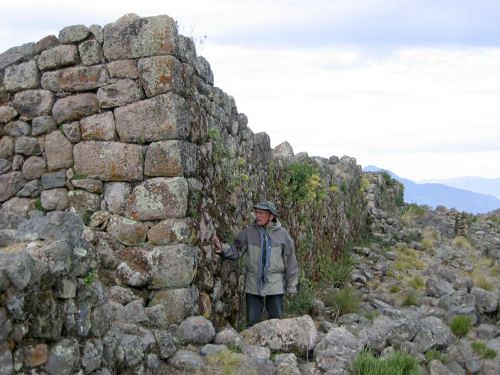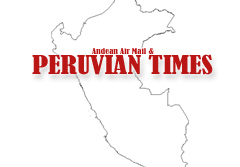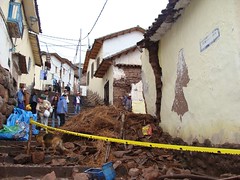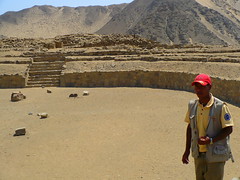The Gringo Tax
Phil from Bolivia Blog explains the concept of the Gringo Tax.
“Although living in La Paz as a gringo is great it can have its problems not least of which is the constant battle against the “gringo tax” that the locals constantly try applying. Whilst not every single local increases the price it is certainly common place as they assume all gringos are rich and they assume all gringos are tourists that don’t know the price of things. A sure sign they are going to ‘up a price’ is when there is a pause after you ask how much something is whilst they weigh up how much they are going to ask for. Don’t be fooled into thinking they are trying to remember how much something is, they are trying to decide how much it is for YOU. “
When out in Lima, I will avoid asking a taxi driver how much his fare will be because it’s always about 2 or 3 soles more than if Annett asks. When I am in Miraflores I often hear tourists being quoted S./8 to S./12 for a journey to back to their nearby hotel or to nearby Barranco, when in fact such a fare would take you 20 minutes along the Via Expresa to the center of the city.
“For some items , like bottled water for example, if they quote me a price that is alot more than it should be (it is common to be quoted double around tourist areas) I just walk away and buy somewhere else as I dont want to deal people trying to blatently rip me off- there are plenty of honest people to buy from.
ALWAYS agree the price with a taxi driver first and if possible ask a local how much the fare should be as taxi drivers will try to over charge you 90% of the time.“
In places like Cusco, tourists are always cheated. We once left the tourist center of the city to find something we could afford to eat without a 500% mark-up and found a restaurant with S./3 set meals.
When sitting down we were handed the menu to make our choice for each course. There were also several set meals to consider, some costing S./5 with more food. Asking what she would recommend, the helpful waitress suggested the “tourist menu”. Interesting, we thought, what does it come with? “The same as the basic [S./3] menu“, she said, “but its for tourists “, she said, making my choice for me, charging me twice, S./6, the stated price for the same food with no shame. Annett protested at me being charged double for the same – in a restaurant. “Dont worry, you can have it for S./3“, she said, referring only to her.
On bargaining in general, Phil says:-
“People have different opinions on bargaining and if they mind paying more for items than the locals. Europeans and N. Americans usually earn alot more than Bolivians and sometimes dont care they are being overcharged or even feel like they are helping the locals by paying a little more. This attitude however isnt seen with gratitude by the locals but that gringos are stupid and easy to ripoff making it more difficult for tourists that dont have much money or foreigners that live here in Bolivia. The one exception where I think tourists should give more is with tipping of guides and restaurant staff (only if the service has been good though) as this is a way of showing appreciation and it is within the control of the customer.“
As a tourist that doesn’t have much money and as a foreigner living here in Lima I have to agree with the above. What’s worse is it encourages people to cheat others… and who can blame them? Anyone would take money from an idiot with seemingly too much of it if given the opportunity.
As well as tipping as a way for a tourist to contribute to local peoples pockets without encouraging people to be dishonest, one can also visit the tourist markets. It’s common the world over to pay silly prices for (mostly)pointless trinkets. So buy that S./15 chullo if you don’t already have one.



